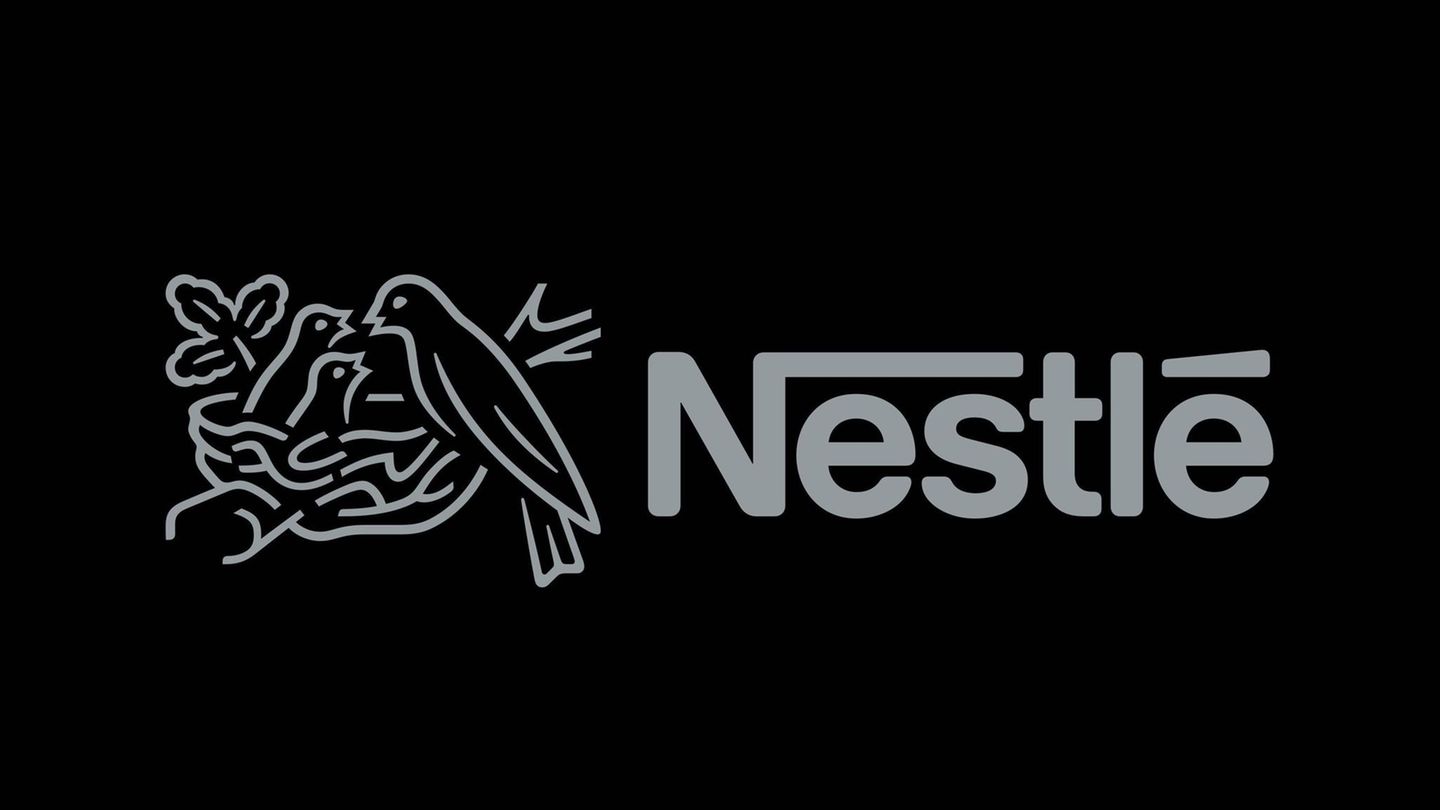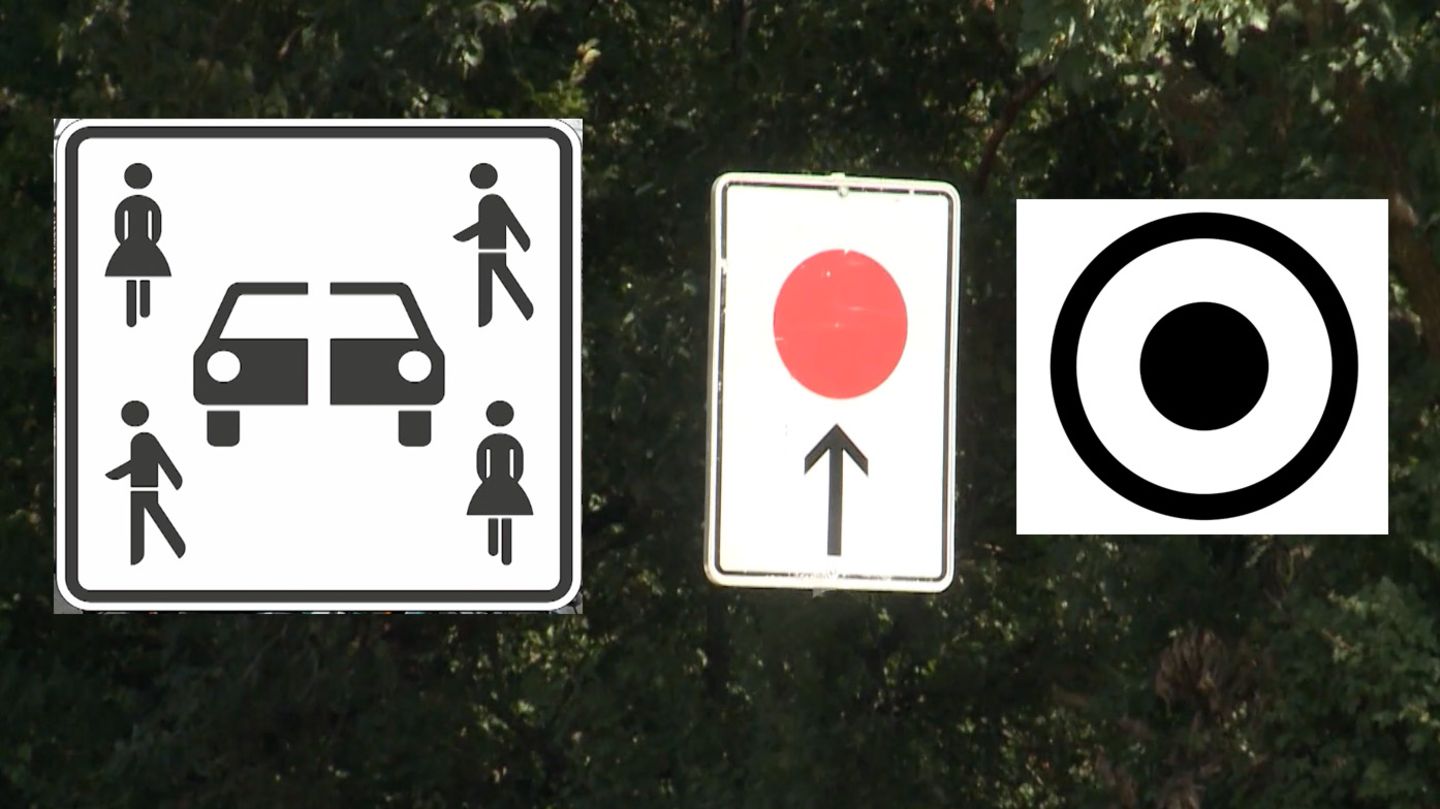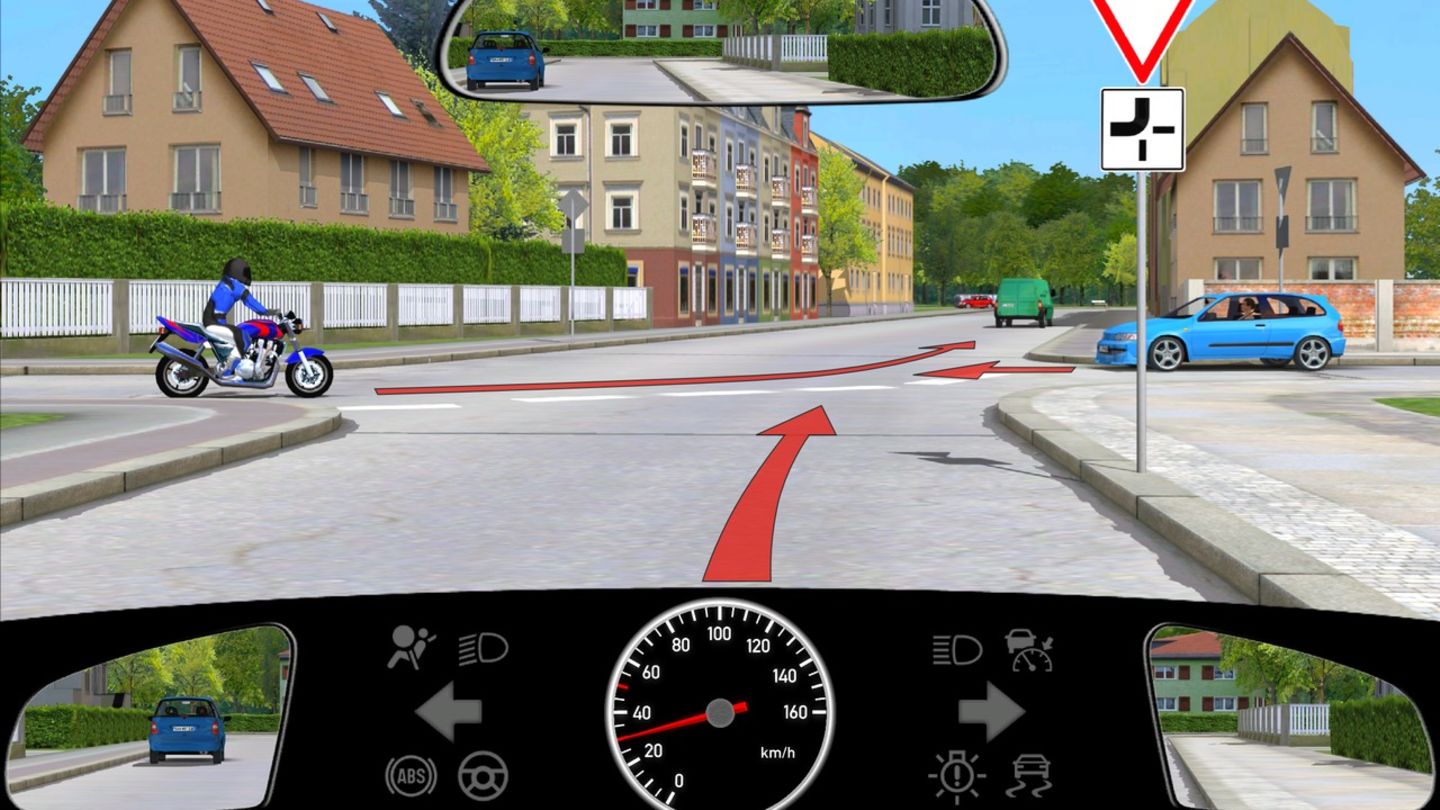The background: In 2001, protein from animal by-products was banned from animal fattening. For years, the British had fed inadequately homogenized waste, paving the way for the deadly BSE epidemic. Almost 200 people died and around four million cattle had to be slaughtered.
The valuable animal protein has been replaced by vegetable protein, especially soy meal. This accelerated the deforestation of the rainforests. Imports into the EU ultimately rose to 25 million tons per year (Austria up to 600,000). In addition, essential amino acids and minerals had to be fed, because these are only contained in animal protein.
Because slaughter by-products from healthy animals could be fed without hesitation if they were sanitized, the calls for the precious raw material to be released again became louder. But the BSE shock ran deep, and it lasted 20 years, although it was clear that an “interspecies ban” had to apply, in other words: meat-and-bone meal from poultry may only be fed to pigs and vice versa.
On September 7, 2021, the EU gave the green light by regulation. But it cannot be put into practice in practice, announced Vivatis AG in Linz. It operates the animal carcass recycling (TKV) in Upper Austria (Regau), in Burgenland and in Styria and, at the request of the OÖN, states: “The framework conditions are extremely impractical and impractical.” The authority correctly requires separate processing lines for poultry and pork, but with zero tolerance. Nobody can prevent traces of an alien material from remaining in the production and logistics chain. A contamination of 0.5 percent is also allowed in GMO-free soy feed in organic farming.
Less phosphorus from China
This is why there is frustration in the feed industry: “In Austria we use around 125,000 tons of soy a year in poultry fattening and laying hen farming. We could replace 40,000 with animal meal,” says Rupert Bauinger, Managing Director of Fixkraft in Enns. Transport routes would be shortened, greenhouse gases and the import of amino acids, vitamins and above all phosphorus, mostly from China, would be saved. “Animal meal is very easy to digest and very healthy because it contains all of these substances,” says Bauinger.
Vivatis AG argues similarly: “Our sustainability efforts are being thwarted.” There is unequal treatment compared to agricultural proteins from overseas. Circular economy has a low carbon footprint and preserves domestic resources. Currently, the TKV raw material is mainly used in pet food and fertilizer.
Source: Nachrichten




